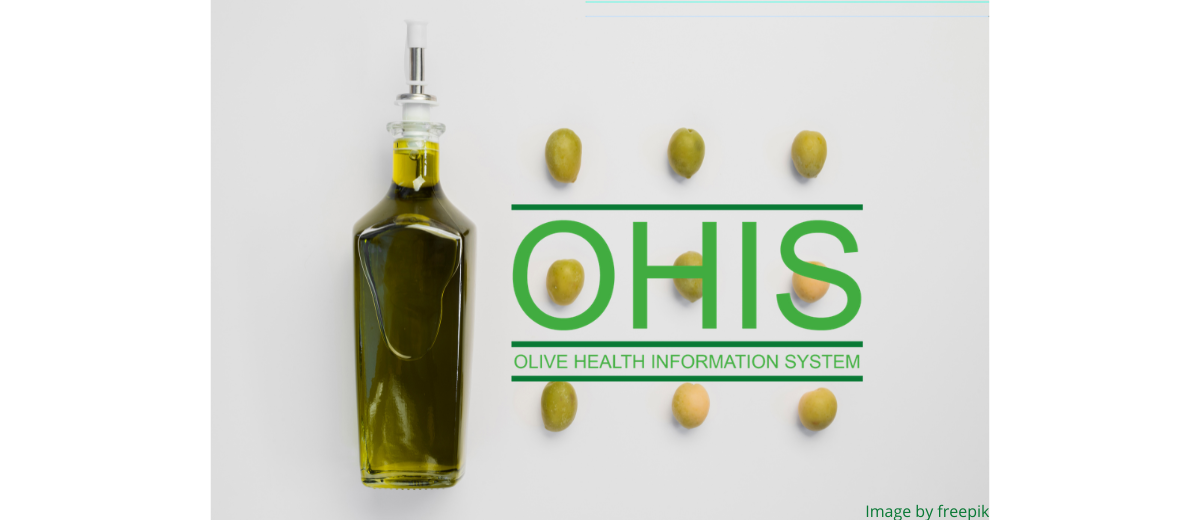This week on the Olive Health Information System website
The newsletter of the University of Navarra and the IOC dedicated to health
Olive oil, a key component of the Mediterranean diet, has been shown to have a positive impact on cardiometabolic health. It is known to improve factors such as blood pressure, insulin resistance, glycemic control, and LDL cholesterol levels. These benefits are likely attributed to its high content of phenolic compounds, including oleuropein (OLE), hydroxytyrosol (HT), and tyrosol (TYR). A recent meta-analysis of randomized controlled trials evaluated the effects of dietary supplementation with OLE, HT, and TYR compounds on cardiometabolic risk factors. Supplementation with these compounds was found to reduce total cholesterol, triglyceride, and insulin levels. However, no significant impact was observed on anthropometric variables, lipid levels, glycemic indices, or blood pressure. The intervention had a greater positive effect on individuals with a Body Mass Index (BMI) of less than 30, those with cardiometabolic diseases, and those in non-Mediterranean contexts. Additionally, the type of intervention, the specific compound used, and the duration of supplementation may have varying effects on the studied cardiometabolic risk factors.
Furthermore, a recent cross-sectional study using data from the 2007-2020 NHANES, which included 20,991 participants, identified an association between the Mediterranean Diet Score (MDS) and metabolic syndrome (MetS). Individuals with a higher MDS had a lower prevalence of MetS, demonstrating a linear relationship. This negative association was consistent in most subgroup analyses, except among individuals with a high school education, other Hispanics, and non-Hispanic Blacks. These findings further reinforce the evidence supporting the cardiometabolic health benefits of the Mediterranean diet and olive oil, highlighting their importance in public health strategies.
Other articles mentioned this week in the OHIS newsletter:
Mediterranean Diet
Association between Mediterranean diet and metabolic syndrome: analysis of NHANES 2007-2020.
Olive leaf extract
Cardiometabolic health
Dietary and Nutritional Aspects of Metabolic Syndrome Management: An Overview.
Mental health
Mediterranean diet and dementia: MRI marker evidence from meta-analysis.
Gut microbiota
Impact of Nutrition on the Gut Microbiota: Implications for Parkinson’s Disease.
Dietary patterns
Cancers attributable to diet in Italy.
Lifestyle










